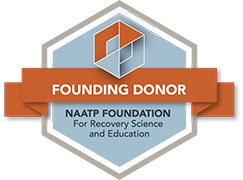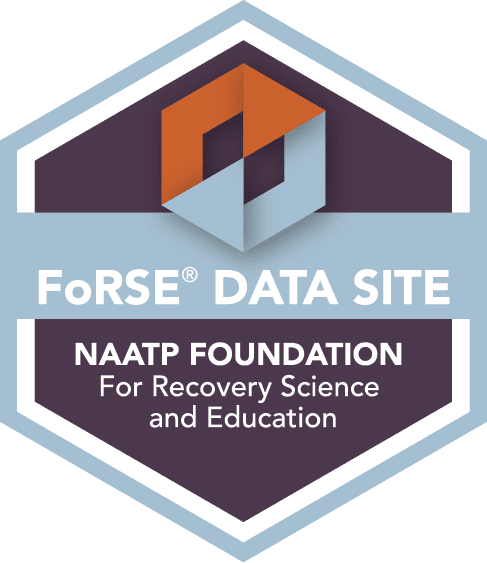Empathy in Recovery
According to the Cambridge English Dictionary, Empathy is “the ability to share someone else’s feelings or experiences by imagining what it would be like to be in that person’s situation”. This means you are able to identify and understand another individual’s feelings and motives without having to actually share their experience.
An empathetic person is able to listen to what another person is saying without judging them. They are able to see things from their point of view. When we are under the influence of drugs and/or alcohol we often don’t actively listen. We are too selfish. When you are in recovery, selflessly listening to your loved ones as they discuss their own trials and tribulations is a step in the right direction.
One way to develop this by not thinking of the next thing you are going to say while someone else is speaking. Don’t be in a rush to tell a story or interject. A healthy conversation requires active listening while others talk.
How learning to be empathetic will benefit you in recovery:
One: It is easier to let go of anger and resentment if you are empathetic.
When you are truly ready to look deep inside yourself and analyze your feelings of anger and resentment towards others, you may be able to see that in most cases the other person hasn’t actually behaved as badly as you think they have. Even if they have, you may gain a better understanding of why they behaved in such a way. Being able to empathize with someone else allows you to reflect and say sincerely, “If I had been in his shoes, I may have done the same thing.” When you are able to get to that point, it is easier to let go of your anger towards them.
Two: It will help you be of service to others and, thus, yourself
Part of working a program of recovery involves being of service to others. For many, this is the most crucial part of their recovery. Whether that service involves going to 12 step meetings, listening to what others are sharing, or simply being helpful to your family and friends after a long period of isolation, it will be much more beneficial to you and your recovery if you genuinely care about others and what you can do for them.
The more you are interested in other people, the more you will benefit from taking the time to help and share things with them. All this involves is a willingness to listen to others while trying to understand what they have experienced. When you are around other people in recovery it should be especially easy to empathize because you will have gone through similar emotions and experiences.
Three: Amends become easier
Recovery is about trying to clear the wreckage of your past by making amends with the people we have wronged. It can often be difficult to apologize to someone we have hurt because we convinced ourselves that we were justified in our actions and that they were in the wrong. However, learning empathy and looking at a situation from a different perspective will help you to make a sincere apology. Repairing broken relationships from your past will not only help your social connection but also elevate your feelings of self-worth, which is a vital component in recovery.
Four: It will improve the relationships with your loved ones exponentially
Your empathy will help those close to you to feel seen and understood. Through a better understanding of those close to you, you will no longer regard yourself as more or less than others, which is often a precursor to using and to separating yourself from those you love. Properly listening and talking with others will immeasurably strengthen your bonds with those about whom you care. This will provide you with the love and support that you need during your recovery.








